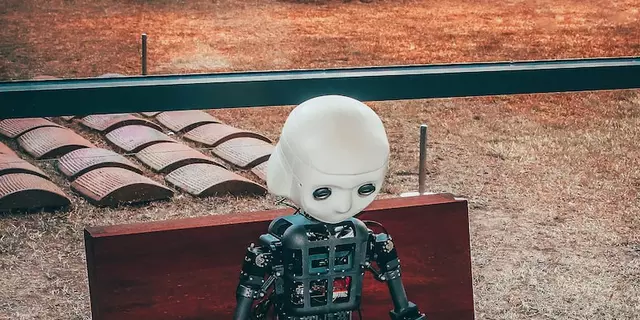Understanding Death: What It Means for Your Career and Daily Life
Death is one of those topics we all try to avoid until it hits close to home. Whether it’s the loss of a family member, a close friend, or even a colleague, the moment grief shows up it can throw your whole routine off balance. You might wonder, "How do I stay productive at work when I'm feeling broken?" The answer isn’t a magic formula, but a mix of practical steps and honest self‑care.
How Grief Shows Up at Work
First off, let’s name what you’re feeling. Grief isn’t just sad tears; it can bring fatigue, distraction, irritability, or a sudden loss of motivation. You might catch yourself scrolling through emails without really reading them, or you could feel a heavy chest every time someone mentions a deadline. These reactions are normal. The brain is processing loss, and work tasks suddenly feel less urgent. Recognising these signs early helps you decide what adjustments you need.
Most workplaces have some kind of bereavement policy—paid leave, flexible hours, or counseling resources. If you’re not sure, ask HR or check the employee handbook. Even a single day off can give you the mental space to breathe, sort through emotions, and come back with a clearer head. Remember, taking time isn’t a sign of weakness; it’s a strategy for long‑term productivity.
Practical Ways to Keep Your Career Moving Forward
When you’re ready to get back into the swing, start small. Prioritise tasks that need immediate attention and push less‑critical projects to later in the week. A simple to‑do list can turn chaos into manageable chunks. If you’re feeling overwhelmed, try the "two‑minute rule": if a task takes less than two minutes, do it right away. This clears tiny obstacles and builds momentum.
Talk to your manager. A quick chat about your current capacity can open doors to temporary workload adjustments or deadline extensions. Most leaders appreciate honesty; they’ll likely prefer a brief update over you silently struggling and missing a major deliverable.
Don’t underestimate the power of a support network. Share your situation with a trusted coworker or mentor. They can offer practical help—like covering a meeting—or simply listen. You’ll find that opening up reduces the emotional load and often sparks ideas you wouldn’t have thought of alone.
Finally, embed self‑care into your day. A 5‑minute walk, a short meditation, or even a coffee break away from the screen resets your nervous system. These micro‑breaks add up, preventing burnout and helping you stay present when you’re back at your desk.
Death changes how we view time, priorities, and what really matters. By acknowledging grief, using workplace resources, and adjusting your workflow, you can stay productive without ignoring your emotional needs. It’s not about powering through; it’s about moving forward at a human pace. If you ever feel stuck, reach out—whether to HR, a mental‑health professional, or a friend. You don’t have to face loss alone, and with the right steps, you’ll find a path that honors both your career and your well‑being.

Well, howdy there folks! Let's talk about a topic as spicy as my grandma's chili - "Can kids die when playing M-rated games?" Now, hold your horses, because the answer is a big, resounding "No!" Kids aren't going to kick the bucket from playing these games, folks. Sure, they might lose a few hours of sleep or maybe even their tempers, but the Grim Reaper isn't lurking behind the next level. Keep things in perspective and remember, it's all fun and games until someone loses an... avatar?




